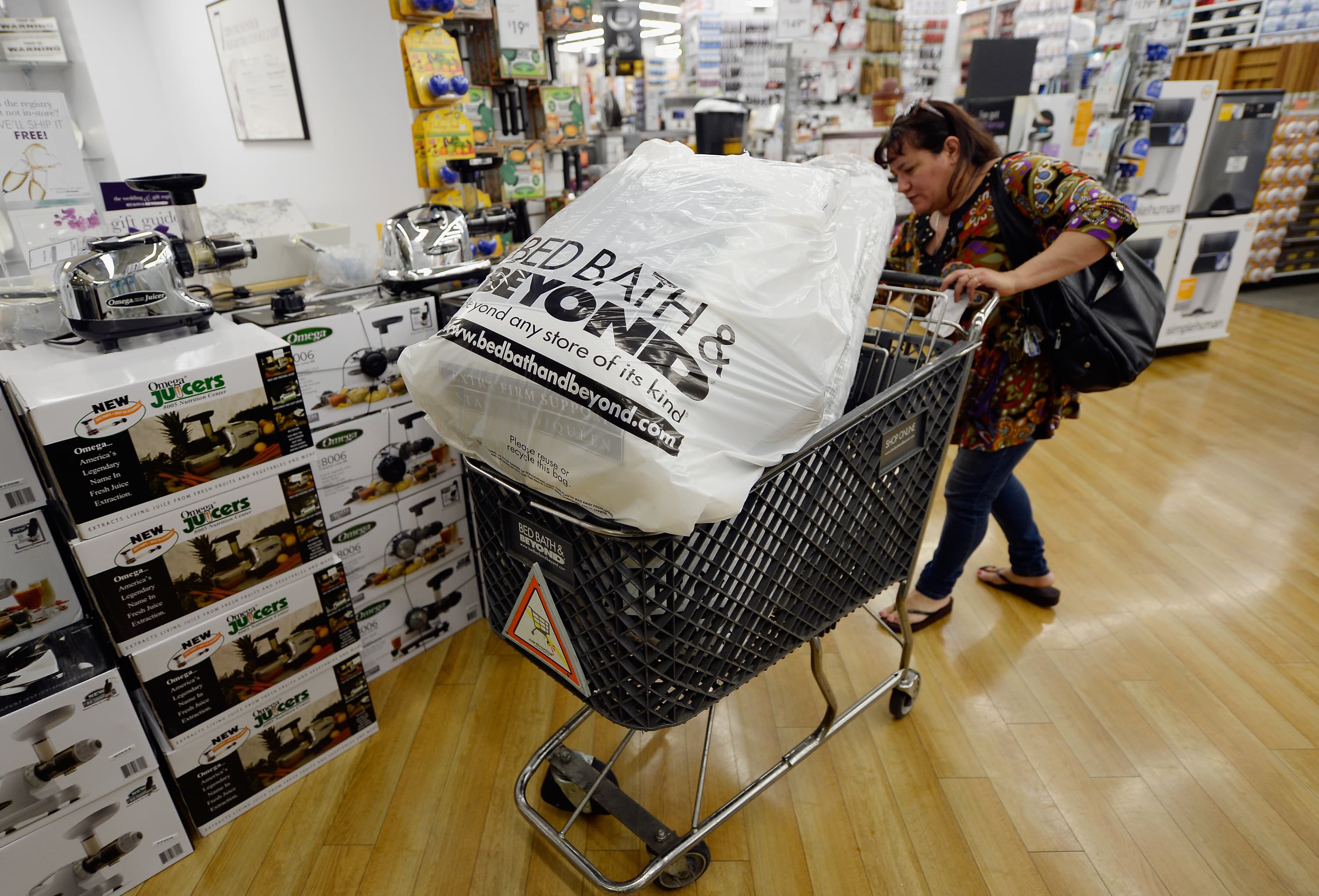Comment: A limited green list is a consolation for the accommodation sector
A second summer staycation boom could help UK leisure operators, says Euler Hermes’ Aurélien Duthoit

UK leisure operators will be hopeful of accelerating their recovery through a second summer staycation boom, says Aurélien Duthoit, economist and sector advisor at credit insurer Euler Hermes
As we approach the summer and the critical school holiday window, now is the time the British public would be preparing for international city breaks, warm weeks on the beach or treks in far-flung mountains.
But, for another year, hopes of full foreign holidays have largely been scuppered – with only a limited number of countries included on the government’s green list, and even Portugal being removed at the last review.
Our forecasts suggest the level of pre-pandemic foreign travel is unlikely to return until 2024 at least.
The green list will also limit levels of inbound tourism this year, which will prove another blow to UK operators. In 2020, turnover for UK tourism dropped by 53% and 2021 is likely to follow suit. We expect turnover to remain 38% below pre-crisis levels this year.
These figures may come as a surprise to some – particularly given the renaissance of the staycation since Covid limited international travel.
However, the UK accommodation sector is likely to be hampered in the long-term by having one of the deepest tourist deficits (based on the number of international visitors versus departures) in Europe.
Inbound visitor numbers in 2022 are expected to reach just 62% of the 39,000 recorded in 2019. While this is a higher recovery rate than countries including Italy (57%) and Greece (52%), others on the continent, including France (73%), will post a swifter recovery.
Looking for business
With inbound tourism likely to remain low for the foreseeable future, a telling factor in the speed of the recovery will be the pace at which business guests return to the huge swathe of city centre hotels that have been largely dormant throughout the pandemic.
Once a solid mainstay for travel operators and hoteliers, business travellers are still relatively rooted to their desk at home or in the office. The widespread discovery of remote meetings and a demand for more flexible hybrid working means that business travel is unlikely to return with the same vigour it once had.
What’s more, as ESG (Environmental, Social, and Corporate Governance) scales the list of businesses’ priorities, the fuel- and money-guzzling activity of catching planes, trains and automobiles to attend external meetings no longer tally with post-pandemic agendas.
CNBC’s Global CFO Council Survey found that more than half of firms won’t reinstate their travel budgets to pre-pandemic levels.
Those operators whose models have traditionally been buoyed by business-generated revenues will therefore need to consider how they can adapt their approach – be that in terms of their offer or the shape of their hotel portfolio.
Many UK residents are still yearning to travel but are unable to go abroad. Enticing these home travellers and broadening the guest base will be essential.
With hybrid working now king, remote working packages are also proving a more innovative approach to bringing new custom through the door. For example, a number of hotel chains have seized the opportunity as first movers and adapted to offer co-working space, with the services and amenities associated with a hotel, combined with locations that offer workers something unique.
Planning for a different future
Hoteliers and those accommodation providers who rely on year-round business will need to consider how best to adapt for what will be an extended recovery.
Where some will choose innovation, others will look to consolidate – having a knock-on impact across the supply chain. Whatever the approach, it’s important to have an understanding of how revenues will look and how the actions of their partners and suppliers will affect them.
The recovery ahead will be longer than originally hoped but, supported by effective vaccination rollouts and a new approach to domestic guests, firms will be able to build on another summer of staycations and eventually accelerate their recovery plans.

 Koichiko
Koichiko 































